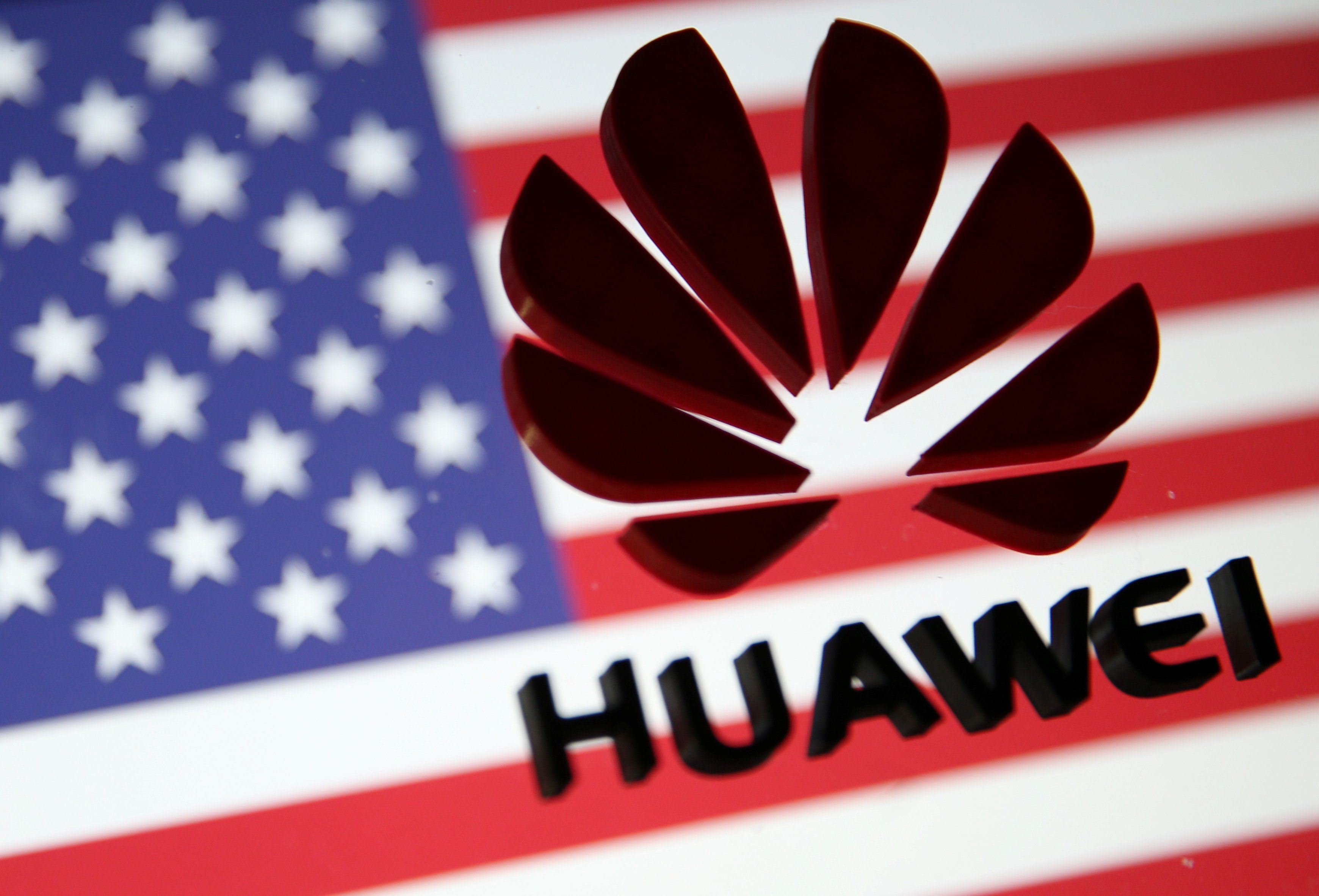January 30, 2019
It's been a momentous few days in the US-China tech cold war. The confrontation between the world's sole superpower and its biggest geopolitical rival is still more economic and technological than ideological or military, but it's shifting fast. Here's a quick rundown.
What happened: On Monday, the US Department of Justice unveiled sweeping criminal charges against Huawei, one of China's most important technology companies, accusing it of fraud connected to violations of US sanctions against Iran and intellectual property theft. Officials also confirmed the US would pursue the extradition of Huawei CFO Meng Wangzhou, whose arrest in December in Canada at the request of the US has infuriated Beijing.
Why it's important: Huawei is a global leader in 5G, the next generation of mobile network technology that will transport more data at faster speeds than ever before, making game-changing innovations like smart cities and driverless cars possible on a commercial scale for the first time. China views 5G and Huawei as key to its future economic and technological development, its ambitions to extend its global influence, and ultimately the power of the Communist Party.
The US, by contrast, sees Huawei and China's broader technology ambitions as a national security threat. It's worried that a Chinese presence in 5G networks could give Beijing new ways to conduct espionage, or even allow China to shut down vital data networks in a crisis. Monday's criminal charges will further increase political pressure, opening a new and potentially explosive legal front in the US campaign against China's technology and industrial policies.
What happens now? This is an irresistible force meets immovable object situation, and China is going to respond. The question is, how and when?
Negotiations between Washington and Beijing to resolve the countries' $360 billion trade war will probably continue, for now. The US stopped short of saying what penalties it might pursue against the Chinese telecoms giant, which could include sanctions or even a potential ban on Huawei acquiring US technology – an action that would further ratchet up tensions.
Chinese Vice-Premier Liu He arrived in Washington on Tuesday for trade talks, including a personal meeting with President Trump. Both sides have incentives to try keep the Huawei and trade issues separate as they try to strike a deal, or at least extend negotiations, beyond a March 1 US deadline.
Still, the US charges against Huawei and Meng are a serious escalation in an already tense situation that could make it harder for the two sides to bridge their differences. Meng is already a cause celebre in China, and even an implied threat of harsh US action against Huawei could stiffen Chinese President Xi Jinping's resolve to avoid big concessions to US trade and security hawks.
Bottom line: Far from over, the conflict between the US and China is morphing into an even deeper and more profound confrontation.
More For You
Think you know what's going on around the world? Here's your chance to prove it.
Most Popular
Donald Trump alongside Nigel Farage amid a television interview at his Trump Turnberry course in South Ayrshire during his visit to the United Kingdom, on May 3, 2023.
PA via Reuters
The US government will reportedly fund MAGA-aligned parties and think tanks in Europe. But with US President Donald Trump’s favorability in Europe so low, do they even want the money?
- YouTube
Zelensky agrees: elections matter #PUPPETREGIME
As more small businesses move sales, payments, and customer relationships online, they unlock new opportunities, but they also become easier targets for cyber-criminals and other threat actors.
© 2025 GZERO Media. All Rights Reserved | A Eurasia Group media company.
